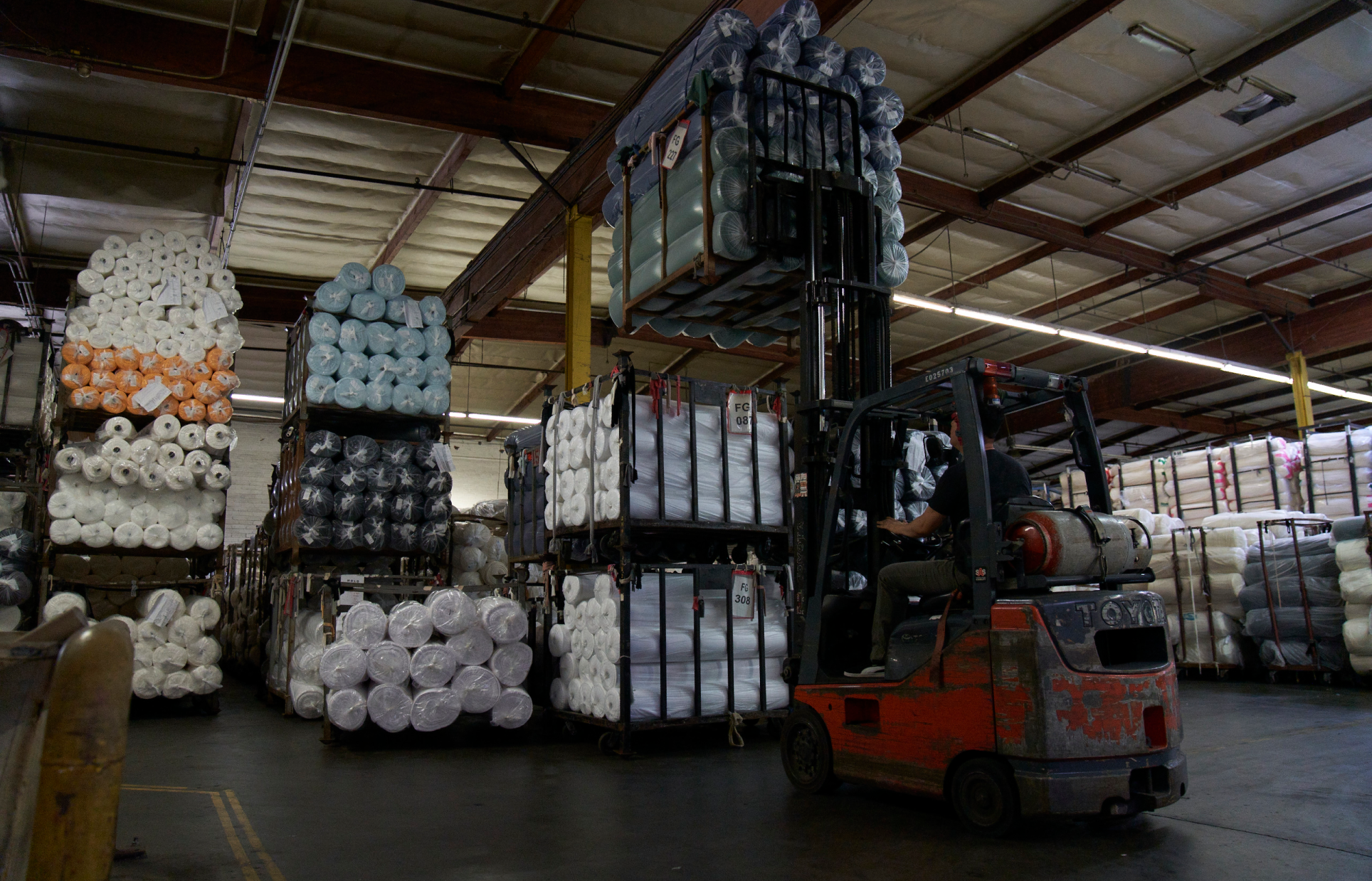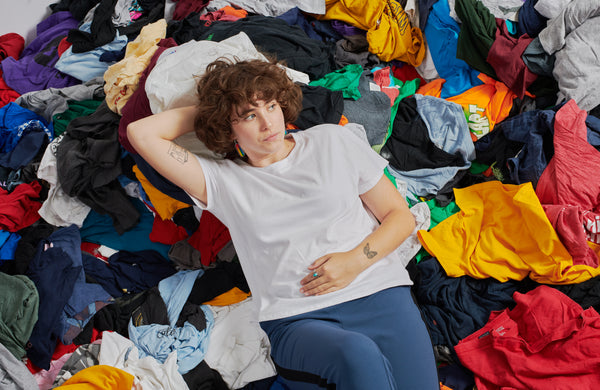If nobody knows how sustainable their clothes are, are they sustainable at all?
We are fortunate to live in a time when many bright, capable individuals dedicate their talents and resources to the future. By intentionally transforming wasteful, old-world processes into regenerative, sustainable practices, today’s innovators and consumers are benefiting generations to come.
These transformations are very real. Nearly half of the 40-and-under crowd with jobs have or plan to change jobs due to environmental impact concerns. More than two out of three gladly support eco-friendly products that might cost a little more than traditional options (1).
Too often, sincere efforts to consume more eco-friendly or ethical products – everyday items like organic food or sustainable clothes – are not met with transparency about their social and ecological impact. This phenomenon, known as greenwashing, has become exponentially more pervasive since being coined around the mid-1980s (2).
A 2023 study found that 54% of companies across Asia, Europe, and North America “greenwashed” data related to key climate-change accelerators, including carbon emissions and other supply chain metrics (3).
As champions of truly sustainable and ethical fashion, we’ve gathered, checked, double-checked, and made public the social and environmental impact data of our recycled cotton clothing supply chain.
Ethical fashion needs better supply chain visibility
Everywhere’s supply chain was built with ethical, environmental, and sustainable principles in mind. We maintain direct relationships with all of our supply chain partners to ensure workers are treated well, paid fairly, and are provided with healthy, safe working environments.
It’s crucial for us to have visibility into the social effects, worker conditions and environmental impact of our entire production process. This helps us continuously optimize how each recycled cotton t-shirt moves through our circular supply chain to achieve the greatest good.

To gain increased supply chain visibility, we became a Sedex member to access their robust conceptual framework, data sets, analytics tools, and trusted third-party auditors.
How Sedex helps us create ethical, sustainable clothes
Sedex is one of the world’s leading ethical trade membership organizations. It leverages an extensive network of factories, producers, and industry experts to catalyze greater social and environmental supply chain sustainability for some of the world’s most recognizable brands. Given our strong alignment in core values, joining Sedex was a natural step for Everywhere.
Our membership began with a Self-Assessment Questionnaire (SAQ), which prompts organizations to introspect and report on their business practices, management systems, policies, and labor practices. Our answers were added to an extensive information mesh built on responses from roughly 85,000 Sedex members. This collaborative, global index refines the understanding of sustainability in member companies and their supply chains.
Having finished the SAQ, we are now completing a 4-Pillar Sedex Members Ethical Trade Audit (SMETA) within our Los Angeles facilities where our recycled cotton t-shirts and other clothing are sewn. This exhaustive examination of our operations scrutinizes labor standards, health and safety, extended environmental impact, and business ethics against the conventions of the International Labor Organization (ILO) and applicable local laws and regulations.
Conducted by Sedex-approved third-party auditors, SMETA audits represent the “gold standard” of supply chain sustainability investigations. This is likely why it’s one of the most widely implemented social audit frameworks across industry verticals worldwide. We are excited that this process is underway and look forward to reaping – and, of course, sharing – the sustainability benefits from achieving greater supply chain visibility.
Our Sedex membership is bringing radical transparency to the production process of our sustainable, recycled apparel.



